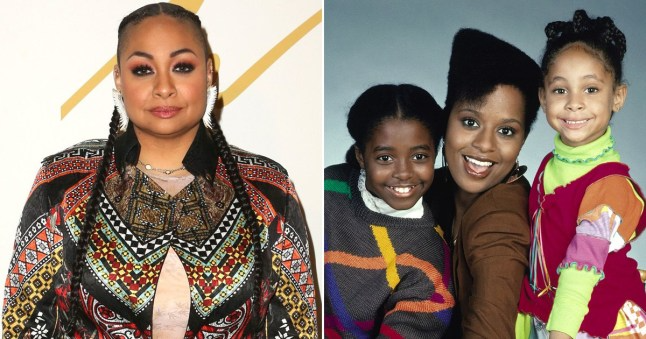
The cultural significance of The Cosby Show goes far beyond its humor and storytelling—it revolutionized the representation of African Americans on television. When it first aired, it shattered long-held stereotypes and presented a more nuanced and multi-dimensional portrayal of Black families. But how did this show manage to change television forever?
Breaking Stereotypes
Before The Cosby Show, African American characters were often relegated to secondary or stereotypical roles—either as comic relief or as representations of poverty and struggle. The Cosby Show challenged this by showing an African American family living in luxury and working in prestigious professions. Cliff Huxtable, portrayed by Bill Cosby, was a successful doctor, while his wife, Clair, was a successful lawyer. Their children attended prestigious schools, and they were shown navigating everyday life in a way that was relatable to all families, regardless of race.
A New Kind of Role Model
The Huxtables became role models for Black Americans, proving that the Black family could be portrayed in a positive light and that success wasn’t limited by race. The show’s positive portrayal of the family allowed for the normalization of success in the African American community and served as a source of pride for viewers.
Cultural Impact and Legacy
The impact of The Cosby Show on African American representation is immeasurable. It set the stage for future Black-led television shows like Living Single, Martin, and Black-ish, and it proved that there was an audience for these stories. Today, shows like Insecure, Atlanta, and The Chi owe much to the doors that The Cosby Show helped open, allowing for the continued evolution of Black representation in media.
